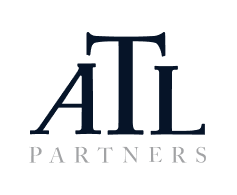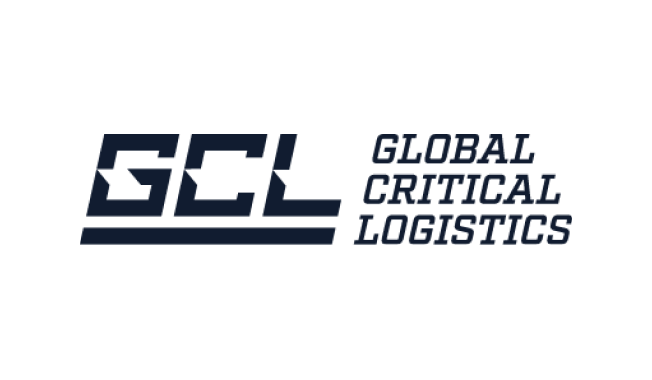PEI: Frank Nash quoted on Talent Management
Value creation in a downturn
Talent managment remains the most critical operational lever, even in the digital age.
By Amy Carroll
1 October 2021
Talent management remains the most critical operational lever, even in the digital age.
Talent management is the most important operational lever to a successful portfolio company investment cycle in challenging times, according to affliate title Private Funds CFO’s Leaders Survey 2021. Delivery of a value-creation programme and effective cost management ranked second and third, followed by technology integration, bolt-on acquisitions and working capital efficiency.
“In this environment, deals are being priced for perfection,” says Littlejohn & Co president Brian Ramsay. “The quality of leadership at a portfolio company has always been the most important variable in the success of an investment and, of course, it is the sponsor’s job to make sure the right people are in the right roles. Similarly, the speed and effectiveness of a value-creation plan has never been more important given today’s deal pricing. Getting at performance improvement quickly is critical to de-risking a deal and driving returns.”
Shani Zindel, chief investment officer at Livingbridge, agrees that talent is crucial. “Nothing beats a good management team,” she says. “Absolutely nothing.”
But Silverfleet Capital Partners managing partner Gareth Whiley says technology is the largest operational lever that most companies will have to deal with in the near future – for good and for bad.
“Clearly, technology implemented well can dramatically improve operational efficiencies but, if you are slow, it can leave you at a great disadvantage and the pace of tech change is now so fast that it can easily impact during the life of a portfolio company investment,” Whiley explains.
“So, technology and the need to navigate a globalised market and supply chain when covid and politics are challenging cross-border trade in a way we haven’t seen for a long time are the key operational issues and opportunities near-term.”
Frank Nash, founder and managing member of ATL Partners, adds that while people management, cost management and good technology have always been key to performance, what now requires greater focus than ever before is knowing one’s customers and potential customers.
“Tastes, needs and methods of buying among both businesses and consumers change rapidly and companies need to stay current with those changes,” he says. “Sometimes that requires technology, sometimes it requires research and sometimes relying on people who are really good at keeping their ears to the ground and hearing the faint noises in the distance.”
Hiring spree
The survey also revealed that respondents expect to significantly increase headcount at both a portfolio company and sponsor level. Almost three-quarters expect to boost aggregate employees in their investee businesses this year, while 67 percent expect to do the same at the GP level.
Ramsay says there is no question that his firm will be investing heavily in headcount at both a GP and portfolio level, adding that labour markets are experiencing a tightening that is surprising given the downdraft of 2020.
“This is evident at the rank-and-file level where we are seeing meaningful wage increases in order to support the rebound in production or activity, as well as the senior executive levels where we are seeing aggressive poaching by competitors as demand and profitability return.”
At the GP level, Ramsay says Littlejohn & Co is making significant investments to support deal execution and portfolio company performance, as well as adding business development and sourcing resources, and capital markets expertise. “In order to support our portfolio companies, we are also building a talent organisation within the firm and are continuing to add operating advisers, both in terms of number and the range of functional specialities they focus on,” he adds.
Zindel has also noticed a trend toward GPs recruiting a broader mix of individuals. “It is not just a case of adding more deal-doers. We see more digital skills being hired. There is more of a focus on internal talent management, more industrial hires and more international growth. We are also seeing firms building their own internal debt teams, for example. Firms are expanding their expertise in all sorts of different ways but, overall, the direction of travel is more investment in human resource, not less.”
https://www.privateequityinternational.com/value-creation-in-a-downturn/

